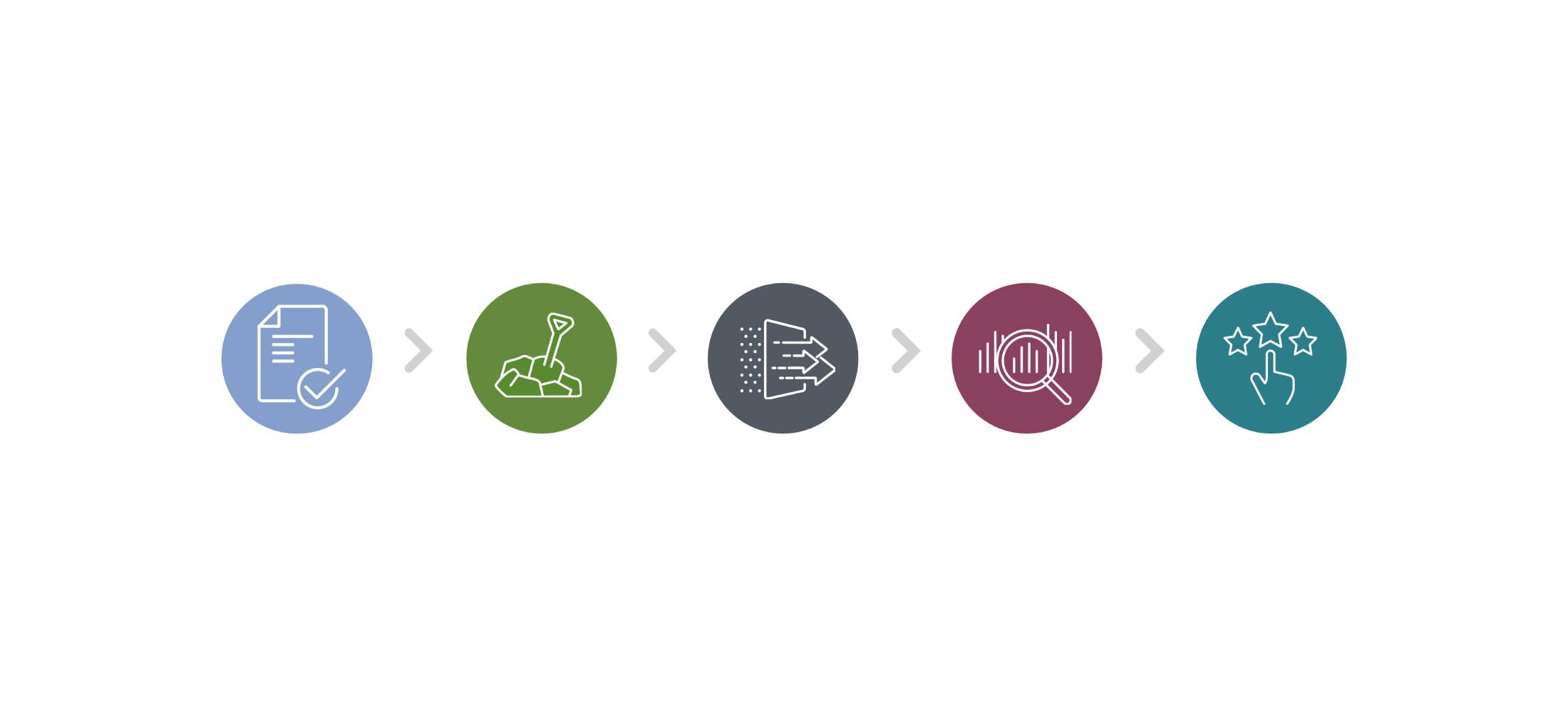
Marzano Research
In addition to its distinct geographic location and beauty, Hawai’i has a unique and rich moʻomeheu (culture) and heritage. The arrival of the first Hawaiian people dates back to as early as the fourth century, as navigators explored the Pacific moana (sea) and ‘āina (land). After the Hawaiian people became established, King Kamehameha I united the islands as a single nation. Since that time, an influx of foreign settlers has radically altered the islands’ social makeup, reducing the percentage of Hawaiians living in the region.
As the demographics of Hawai’i continue to shift, Kamehameha Schools seeks to preserve the Hawaiian moʻomeheu and ensure culturally relevant education for Hawaiian students. Kamehameha Schools is a private school system serving over 6,900 students of Hawaiian ancestry at three K-12 campuses as well as at 30 preschool sites statewide. Founded in the late 19th century, Kamehameha Schools was established by Princess Bernice Pauahi Bishop, the great-granddaughter of King Kamehameha I, and aims to keep the Hawaiians’ unique heritage and culture a thriving component of the islands’ social landscape.
Another important part of Kamehameha Schools’ mission is to support the local community and assess its needs on a regular basis. To that end, Marzano Research has partnered with Kamehameha Schools to gather data on the well-being of Hawai’i’s residents. Findings from this effort will inform future services Kamehameha Schools might provide. Survey topics range from feedback on education services, to connection to local communities, to familiarity with ʻŌlelo Hawai’i (Hawaiian language).
The survey was initially drafted by staff at Kamehameha Schools and its partners (Liliʻuokalani Trust and the Office of Hawaiian Affairs), drawing on their deep understanding of Hawaiian culture, perspectives, and practices. Next, the survey was psychometrically validated by Marzano Research, during a pilot phase. This pilot involved interviews with possible survey respondents to solicit feedback on the topics covered, as well as the clarity of the language. The team then administered the survey to a group of Hawai’i residents to ensure that it was statistically reliable and valid.
After the finalization of the survey, we collected a sample of respondents whose combined manaʻo (ideas/perspectives) represent Hawai’i’s people. Marzano Research and Kamehameha Schools used social media, email, phone, and mailed versions of the survey to connect with a variety of residents.
“With this survey, we hope to shift the conversation about Native Hawaiian well-being from deficits to strengths,” said Brandon Ledward, a principal strategist in Kamehameha Schools’ Strategy and Transformation Group. “We want to collect and share community stories of resilience and innovation that highlight the enduring value of our culture, language, and history. Like us, Marzano Research knows you can’t find data like this in most statewide surveys. They have been wonderful to work with.”
Mr. Ledward recently appeared on the Ka Pio Podcast to discuss the exploration and normalization of data and its importance in advancing Native Hawaiians.
The ’Imi Pono Hawai’i Wellbeing Survey Results are being shared through a series of briefs and data dashboards hosted on the Kamehameha Schools website.
Next steps for this project include collaboratively interpreting the results to determine how to best serve the Hawaiian and non-Hawaiian community. For more information on partnering with Marzano Research for a data collection project, be sure to get in touch with us via our contact page.



